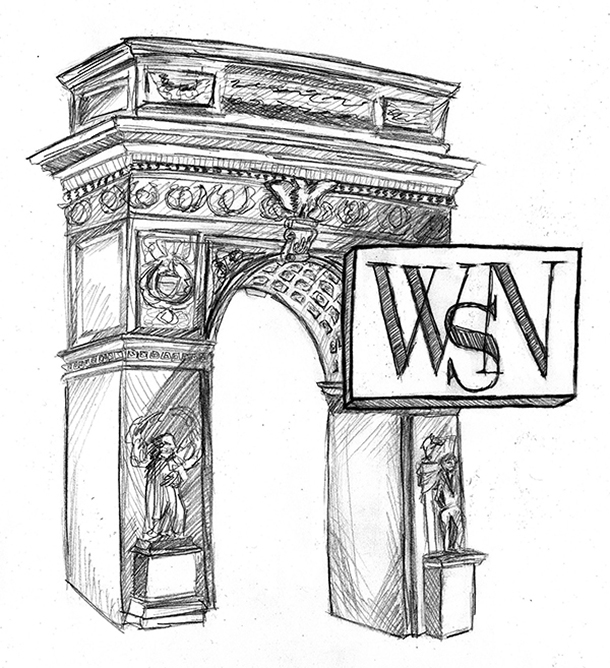University Professors Must Refrain From Violent Remarks
October 20, 2017
In recent weeks, there have been cases of college professors making remarks that are simply unacceptable in an academic environment. This August, economics instructor Michael Isaacson of John Jay College wrote on his Twitter “Some of y’all might think it sucks being an anti-fascist teaching at John Jay College but I think it’s a privilege to teach future dead cops.” The college suspended him to maintain campus safety. This brings into question to what extent professors can and should express their ideas in a classroom. Although professors should be encouraged to share their input on political issues, that privilege should in no way be taken as permission to express violent and threatening remarks on campus.
Professors in lectures should have the right to exercise free speech, just as students advocate for their own free speech on campus. It would be limiting if a professor would have to follow guidelines on what and how they teach their courses. In order to stimulate more productive classroom discussions, it is imperative that professors feel comfortable in sharing their outlook on matters to students. Yet, professors should be more conscious of their speech and how they articulate their thoughts, especially in social media. In other related cases similar to that of John Jay College, one professor of California State University tweeted “Trump must hang,” while another from Montclair State University remarked that he would be pleased to see President Donald Trump shot.
Comments like these have no place in any professional environment, let alone a classroom. Professors must be aware that as academic figures, they have a big role in the framing of issues in students’ minds and what they say or share on social media — which is accessible to everyone — can have potentially dire consequences in the future. That is not limited to getting dismissed from a school for inappropriate word choice, but rather for how some students might take their statements. Any language that suggests violence or encourages scenarios of another person being physically harmed should be avoided. Professors should refrain from encouraging or inciting violence through their speech as students may misinterpret statements and act upon them, justifying their actions by what was suggested by faculty.
In the more socially aware age that we are all part of today, professors should know better than to let their rash thoughts spill over into a place that can be easily accessed by many people, especially their own students. There has to be a limit to what professors should be able to say, not regarding their stances on specific issues, but on explicit emotional outputs.
Email the WSN Editorial Board at [email protected].
























































































































































